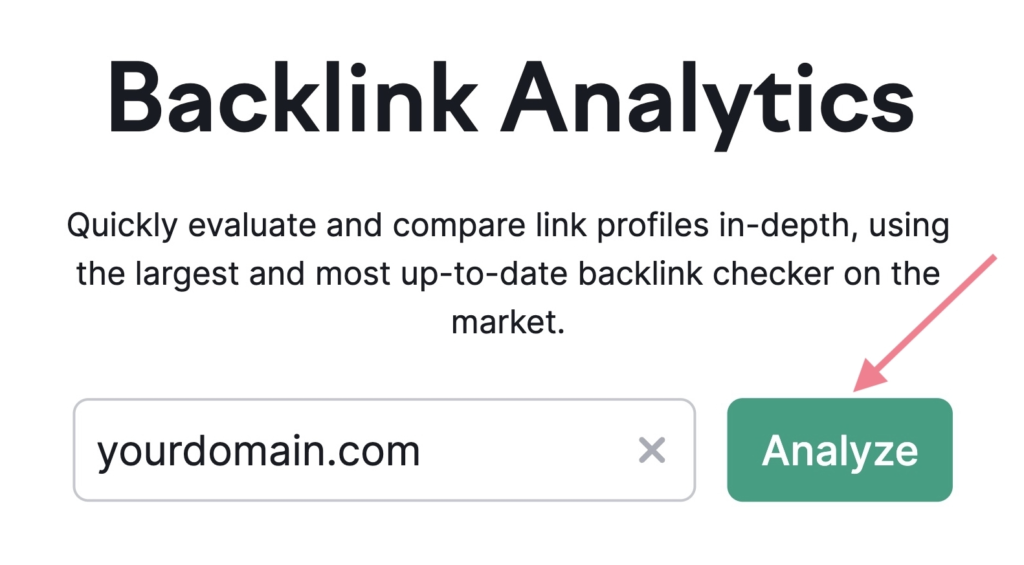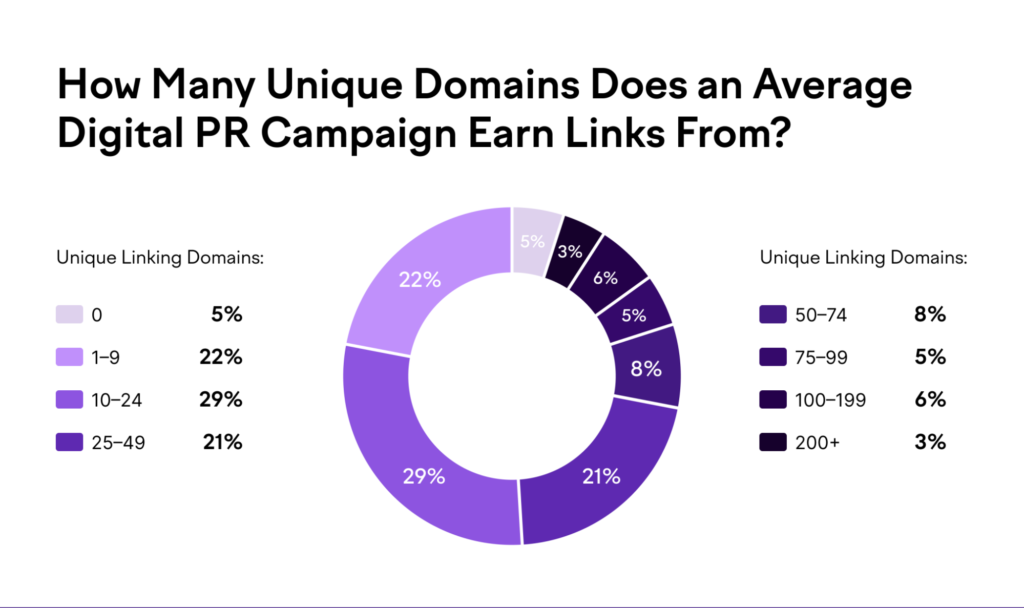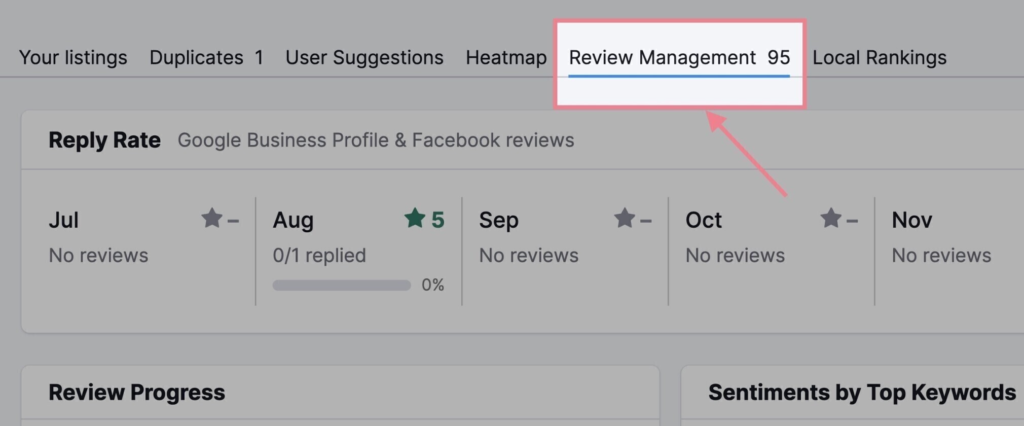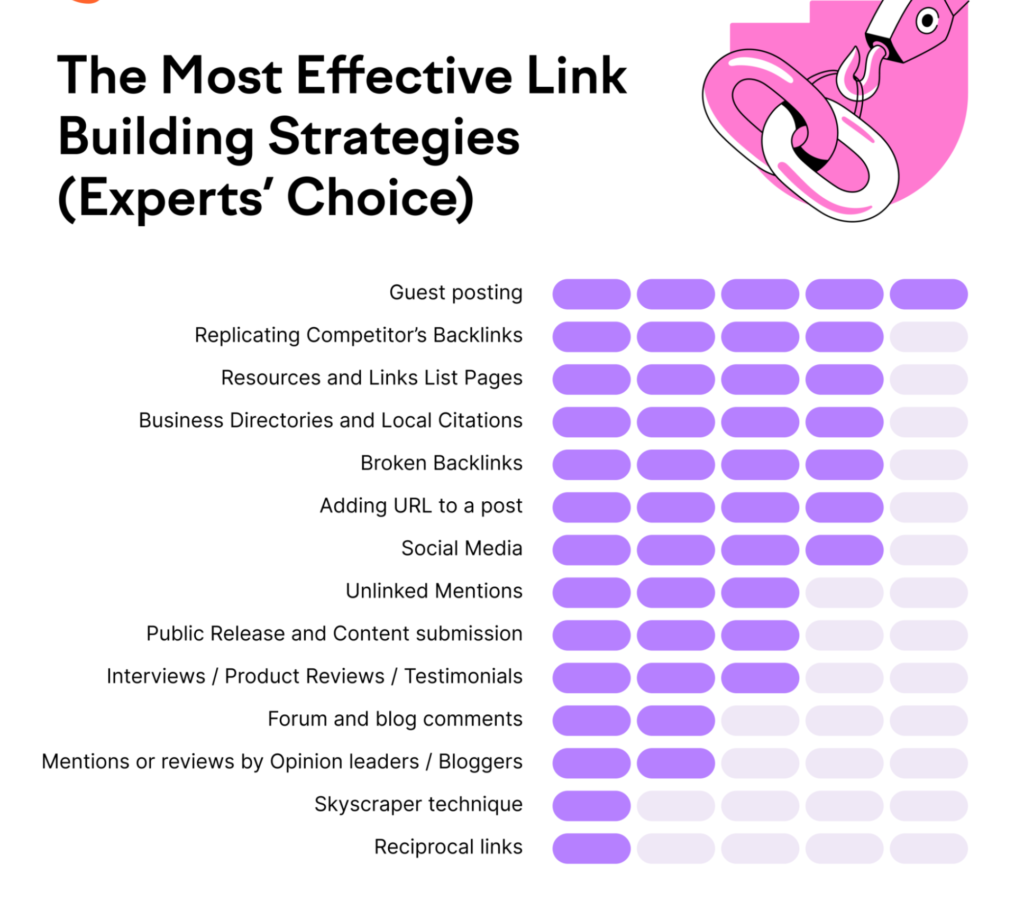
Introduction
In the competitive realm of digital marketing, achieving higher search rankings and building brand authority are vital for online success. While on-page SEO focuses on optimizing website elements, off-page SEO plays a crucial role in establishing credibility, enhancing visibility, and improving search rankings. For digital marketing agencies looking to provide comprehensive SEO solutions, harnessing the power of off-page SEO is essential. In this article, we will explore the significance of off-page SEO and provide insights to help digital marketing agencies unlock its potential for building authority and boosting search rankings.
- Understanding Off-Page SEO: Off-page SEO refers to strategies implemented outside the website itself to improve its online reputation and authority. It primarily involves acquiring high-quality backlinks, building relationships with influencers and industry experts, and leveraging social signals. Off-page SEO signals serve as indicators to search engines about the website’s popularity, trustworthiness, and relevance.
- The Power of Backlinks: Backlinks are a cornerstone of off-page SEO. Digital marketing agencies should focus on acquiring high-quality, relevant backlinks from reputable webs犀利士 ites. These backlinks act as votes of confidence and signal to search engines that the website is authoritative and valuable. Agencies can employ various strategies such as guest blogging, outreach campaigns, and content promotion to secure backlinks from authoritative sources.
- Building Relationships and Brand Mentions: Digital marketing agencies should proactively build relationships with influencers, industry experts, and bloggers to enhance brand visibility and secure brand mentions. By collaborating with influencers and seeking opportunities for guest appearances, interviews, or collaborative content, agencies can amplify their clients’ reach and gain valuable exposure. Brand mentions contribute to off-page SEO by enhancing brand recognition and trustworthiness.
- Social Media Engagement: Social signals play a significant role. Digital marketing agencies should develop a strong social media presence and engage with their target audience across relevant platforms. By sharing valuable content, encouraging social sharing, and fostering meaningful conversations, agencies can amplify their clients’ online visibility, expand their reach, and attract potential customers. Social media engagement contributes to brand awareness, backlink opportunities, and improved search rankings.
- Online Reputation Management: Maintaining a positive online reputation is crucial for off-page SEO. Digital marketing agencies should monitor and manage their clients’ online presence, addressing customer reviews, comments, and mentions. By promptly addressing negative feedback and cultivating a positive brand image, agencies can build credibility and trust. A positive online reputation contributes to improved search rankings and customer perception.
- Content Marketing and Link-Worthy Content: Creating high-quality, link-worthy content is an effective off-page SEO strategy. Digital marketing agencies should develop content that provides unique value, solves problems, and appeals to the target audience. By producing engaging and informative content, agencies increase the likelihood of attracting organic backlinks, social shares, and brand mentions. Link-worthy content positions the website as an authoritative resource in the industry.
- Continuous Monitoring and Analysis: an ongoing process that requires monitoring and analysis. Digital marketing agencies should leverage tools and analytics to track backlink profiles, social media engagement, brand mentions, and overall online reputation. By monitoring off-page SEO efforts, agencies can identify areas for improvement, measure the effectiveness of strategies, and adapt to changing trends and algorithms.

What Constitutes Off-Page SEO? An Insight into Off-Page SEO Strategies
Off-page SEO involves utilizing strategies external to a website to enhance its search engine rankings. These strategies commonly encompass activities such as building backlinks, engaging in guest posting, leveraging social media marketing, and more.
The primary objective of off-page SEO is to establish your website as a trusted and authoritative source in the eyes of search engines and users alike.
It stands as a crucial component of any effective SEO strategy.
On-page SEO vs. Off-page SEO
On-Page SEO involves tasks such as crafting high-quality content, ensuring the presence of relevant keywords, incorporating internal links, optimizing title tags, and more.
With On-Page SEO, you exercise complete control.
For On-Page SEO, you’ll utilize tools such as:
- Keyword Magic Tool
- SEO Content Template
- SEO Writing Assistant
- On-Page SEO Checker
- And more.
Off-Page SEO encompasses activities like establishing backlinks and increasing visibility across various platforms, including news outlets and social media networks.
For Off-Page SEO, your control is more limited.
In the realm of Off-Page SEO, the tools you’ll employ include:
- Link Building Tool
- Backlink Audit
- Social Poster
- Prowly
- Brand Monitoring
- And more.”
Why Off-Page SEO Matters
Consider off-page SEO as the process of enhancing your website’s reputation.
Highly esteemed websites typically achieve better rankings because search engines attribute them with greater Expertise, Authoritativeness, and Trustworthiness (E-A-T).
Demonstrating E-A-T is effectively achieved through off-page SEO elements such as backlinks, reviews, and recommendations.
In essence:
Off-page SEO isn’t just significant—it profoundly influences your website’s capacity to attain higher rankings.
5 Effective Off-Page SEO Strategies
Now, let’s explore five distinct off-page approaches that can elevate your website’s credibility and enhance its organic search visibility:
- Link Building
- Content Marketing
- Local SEO (Google My Business and Citations)
- Reviews
- Events
1. Building Backlinks
Link building involves obtaining links from other websites to direct traffic to your web pages. In SEO, these incoming links are commonly referred to as backlinks.
The quantity of backlinks a page garners from high-authority websites can enhance its perceived authority in the eyes of Google, potentially resulting in higher search engine rankings.
There are two primary factors to bear in mind when it comes to link building:
Authority
“Authority” refers to the assessment of a website or webpage’s overall quality, primarily influenced by the quantity of top-notch backlinks it has acquired.
In essence, you should aim to secure links from high-authority websites, as they typically hold greater value and can contribute to improved search engine rankings.
To ascertain a website’s authority score, you can employ our Backlink Analytics tool:
- Start by entering your domain and selecting “Analyze.

2. Content Marketing
Content marketing represents a significant off-page SEO strategy.
The act of producing exceptional content serves as a potent means to secure backlinks, attract the interest of media outlets, and demonstrate expertise, authority, and trustworthiness (E-A-T).
Furthermore, exploring avenues to disseminate this content across various platforms can bolster off-page signals.
These channels encompass:
- Public Relations (PR)
- Social Media
- Influencer Marketing
- Guest Posting
- Podcasts
- Content Syndication
- Forums

3. Local SEO
Local SEO entails enhancing your digital footprint to enhance local traffic, enhance visibility, and establish brand recognition within specific geographic regions.
This constitutes a distinct subfield of SEO. Nevertheless, specific elements of local SEO are integral components of off-page SEO strategies, such as Google Business Profile (previously known as Google My Business) and NAP citations
4. Customer Reviews
Customer reviews play a crucial role in building trust among potential customers.
In fact, reviews carry significant weight in Google’s assessment of your website’s E-A-T (Expertise, Authoritativeness, and Trustworthiness).
This underscores their vital importance in achieving success in local SEO.
Google advises responding to all reviews, whether they are positive or negative. Such responsiveness demonstrates your commitment to your customers and their feedback.
You can conveniently locate and respond to reviews using our Listing Management tool by navigating to the “Review Management” tab.

5. Hosting Events
Hosting events can significantly contribute to your off-page SEO strategy.
Events not only serve as engaging experiences for your audience but also provide an opportunity to create a buzz around your business.
This buzz can lead to increased social engagement and valuable backlinks.
For instance, during event promotion, you may receive brand mentions, and attendees might write summary articles afterward. Furthermore, your event’s dedicated landing page could attract backlinks from various sources.
People may link to it because they genuinely liked the event, a speaker might want to promote their involvement, or influencers might share it with their audiences due to its value.
While hosting events may require additional effort to manage effectively, the buzz generated is often challenging to replicate through other means. Additionally, events can be an excellent avenue for gaining valuable PR coverage

Conclusion
Off-page SEO plays a pivotal role in establishing brand authority, improving search rankings, and expanding online visibility. Digital marketing agencies can unlock the power SEO by focusing on acquiring high-quality backlinks, building relationships, leveraging social signals, managing online reputation, creating link-worthy content, and continuously monitoring and analyzing performance. By integrating off-page SEO strategies into their comprehensive SEO solutions, agencies can help their clients build authority, gain competitive advantage, and achieve sustained success in the dynamic digital landscape.
If you are looking to one click here, contact us here
Follow us on Instagram
